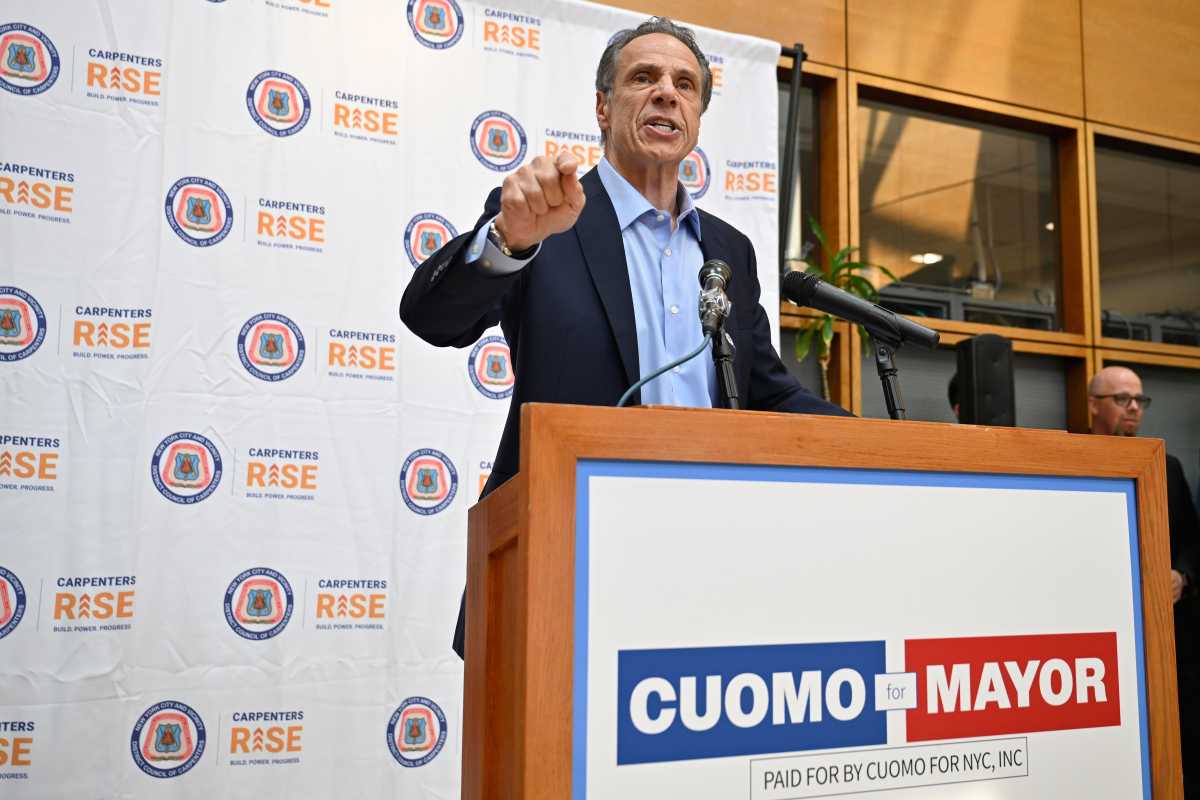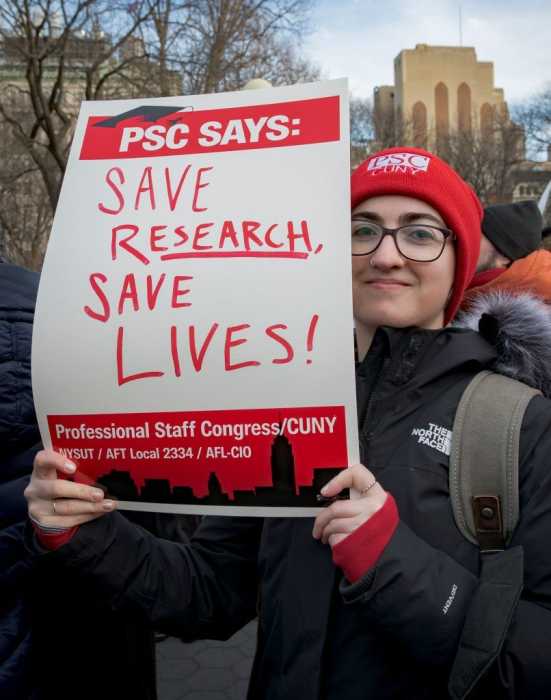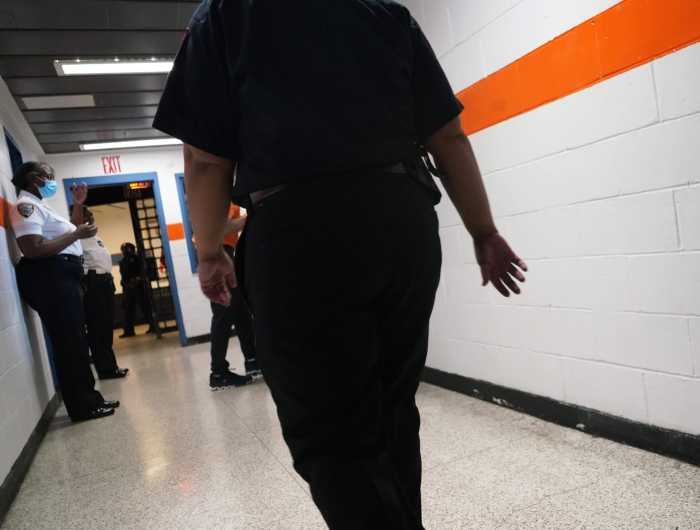Another Queens hospital bit the dust this week, which is ironic considering the Supreme Court’s ongoing hearing regarding the constitutionality of the Patient Protection and Affordable Care Act (known to many as “Obamacare”).
Peninsula Hospital in Rockaway officially closed its doors, leaving only one medical center (St. John’s Episcopal) to serve the entire peninsula and even fewer hospital beds to serve the more than two million people that live in Queens.
It wasn’t all that long ago that the plug was pulled on St. John’s Queens Hospital in Elmhurst, Mary Immaculate Hospital in Jamaica and Parkway Hospital in Forest Hills. And yet, the Grim Reaper may have his sights set on another troubled medical center in our area.
The New York Times published a scathing report this week on the financial shenanigans at Wyckoff Heights Medical Center on the Ridgewood/Bushwick border in Brooklyn. Though mired in massive debt, the Times report found that the hospital’s administrators were living high off the hog, driving or being chauffered in luxury cars and raking in six-figure salaries.
Reportedly, the hospital served as a large ATM for some administrators, both past and present, as well as many others connected with the day-to-day operations of the hospital. Despite millions of dollars awarded to the hospital through state-secured bonds, the hospital is in deep decline.
At the same time, Wyckoff Heights-which serves thousands of working-class folks on both sides of the border-was recently ranked among the worst hospitals in the New York region by Consumer Reports.
Before these reports came out, a state Medicaid reform panel recommended in a report merging the beleaguered Wyckoff Heights with two other financially-troubled hospitals in Brooklyn. It is hoped that consolidating their operations would help stabilize each facility and improve the quality of health care in the area.
It’s no surprise that many of these closed or struggling hospitals had a connection to corrupt politicians. Several administrators- including Parkway’s Robert Aquino and Jamaica Hospital’s David Rosen-cared more about their wallets than the health of Queens residents. They wound up going to jail for conspiring to provide kickbacks to politicians such as the late former Assemblyman Anthony Seminerio for political favors.
What seems to be forgotten in all this medical high finance are the thousands of people who have lost their jobs due to hospital cutbacks and closures.
In many instances, the local hospital is one of the largest employers in the neighborhood, boosting local businesses who serve its employees. Many have worked at the facility for decades and even unionized workers have a tough time finding employment long after the medical centers shut down.
Queens is facing a public health and employment crisis of epic proportions as a result of these hospital failures and scandals. God forbid an outbreak were to occur here, thousands might perish because this borough lacks the facilities to take care of mass numbers of ill individuals.
All this because no one can stem the rising cost of health care, and many of these hospital administrators care more about living well instead of their patients’ well-being.
“First do no harm” apparently comes second in Queens.



































